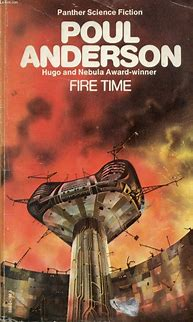Is there one omniscient narrator for all fiction or for each author or for each narrative? Should we say the or an omniscient narrator? Only this (kind of) narrator can describe a third-person character's experiences and thoughts up until the moment of death. This information is not open to us in real life. Even I will not know what I had thought at the moment of death after I have died. How does the omniscient narrator know about others? Like his audience, he is outside the narrative.
CS Lewis' That Hideous Strength contains these two contradictory statements. Of the anonymous tramp, we are told that he:
"...made his escape...into the wide world. I have not been able to trace him further."
-CS Lewis, That Hideous Strength IN Lewis, The Cosmic Trilogy (London, 1990), pp. 349-753 AT CHAPTER 16, 2, p. 719 -
- whereas, of a man called Frost, we are told that:
"With one supreme effort he flung himself back into his illusion. In that attitude eternity overtook him..." (6, p. 727)
The first person narrator does not know what became of the tramp who, when last seen, was still alive whereas the apparently omniscient narrator of the same continuous narrative is able to tell us that Frost had damned himself with his last act of will. Usually, I object to inconsistencies. However, Lewis knew what he was doing. Given the nature of the narrative, there might be an implication that he later gained access to supernatural knowledge of the states of souls.
Meanwhile, back on Ishtar, it is the familiar omniscient narrator who informs us of Larreka's last moments.

3 comments:
Kaor, Paul!
As far as Larreka is concerned I would say it was a particular, not omniscient narrator who tells us these details of his death.
Ad astra! Sean
Sean,
Which particular narrator, though? How does this narrator know what is going on in Larreka's head at the moment of death - except by being omniscient?
Paul.
Kaor, Paul!
We don't know, I admit. It could be Larreka himself, after death.
Ad astra! Sean
Post a Comment